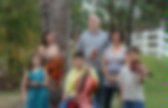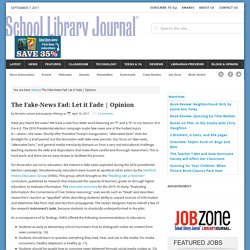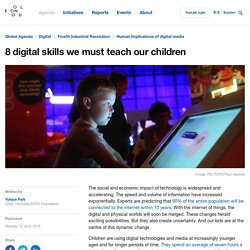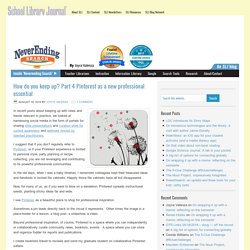

The Fake-News Fad: Let it Fade. Have you heard the news?

We have a new four-letter word featuring an “F” and a “K” in our lexicon: It is F-A-K-E. The 2016 Presidential election campaign made fake news one of the hottest topics in—ahem—the news. Shortly after President Trump’s inauguration, “alternative facts” stole the limelight for a brief period, but the fascination with fake news persists. Our focus on fake news, “alternative facts,” and general media mendacity distracts us from a very real educational challenge: teaching students the skills and dispositions that make them careful and thorough researchers. This is hard work, and there are no easy recipes to facilitate the process. For those who are not in education, the interest in fake news exploded during the 2016 presidential election campaign. As a consequence of its findings, SHEG offered the following recommendations to educators: UNESCO’s Five Laws of Media and Information Literacy. Evidence-based learning isn’t new Research and the CCSS. Collinson, Stephen.
Creating School Libraries of the Future for The Students of Today. 8 digital skills we must teach our children. The social and economic impact of technology is widespread and accelerating.

The speed and volume of information have increased exponentially. Experts are predicting that 90% of the entire population will be connected to the internet within 10 years. With the internet of things, the digital and physical worlds will soon be merged. These changes herald exciting possibilities. But they also create uncertainty. Children are using digital technologies and media at increasingly younger ages and for longer periods of time. The digital world is a vast expanse of learning and entertainment. Moreover, there is the digital age gap. So how can we, as parents, educators and leaders, prepare our children for the digital age? Digital intelligence or “DQ” is the set of social, emotional and cognitive abilities that enable individuals to face the challenges and adapt to the demands of digital life. Digital identity: The ability to create and manage one’s online identity and reputation. Share Written by. How do you keep up? Part 4 Pinterest as a new professional essential.
In recent posts about keeping up with news and trends relevant to practice, we looked at harnessing social media in the form of portals for sharing slide presentations and curation sites for current awareness and webinars hosted by talented practitioners.

I suggest that if you don’t regularly refer to Pinterest, or if your Pinterest experience is limited to personal style, party planning or recipe collecting, you are not leveraging and contributing to its powerful professional communities. In the old days, when I was a baby librarian, I remember colleagues kept their treasured ideas and handouts in locked file cabinets. Happily those file cabinets have all but disappeared. Now, for many of us, as if you were to blow on a dandelion, Pinterest spreads instructional seeds, planting sticky ideas far and wide.
I see Pinterest as a beautiful place to shop for professional inspiration. Sometimes a pin leads directly back to the visual it represents. Need a display idea? Need orientation ideas? Makerspace for Education - Home.
21st Century Standards and Resources.